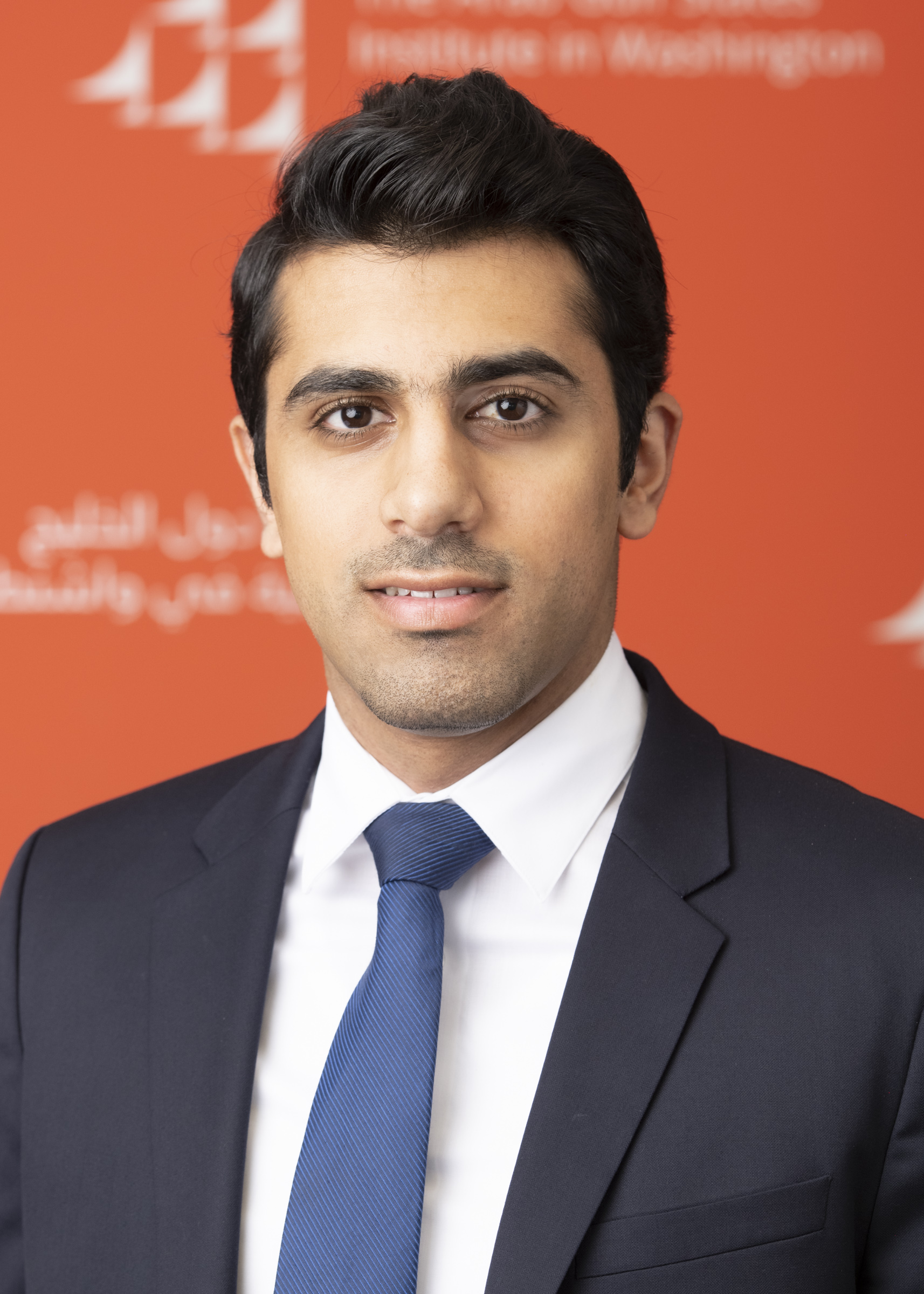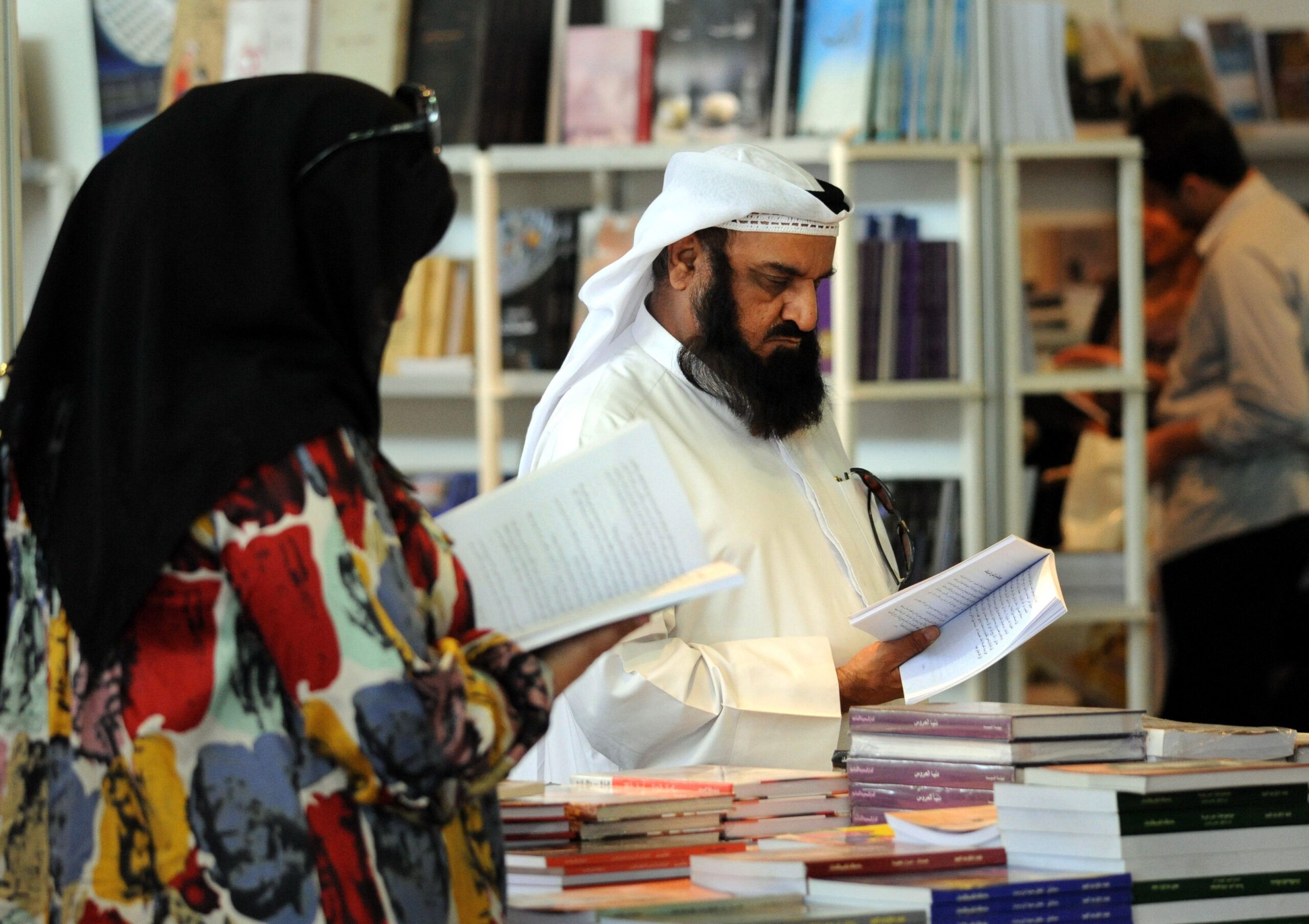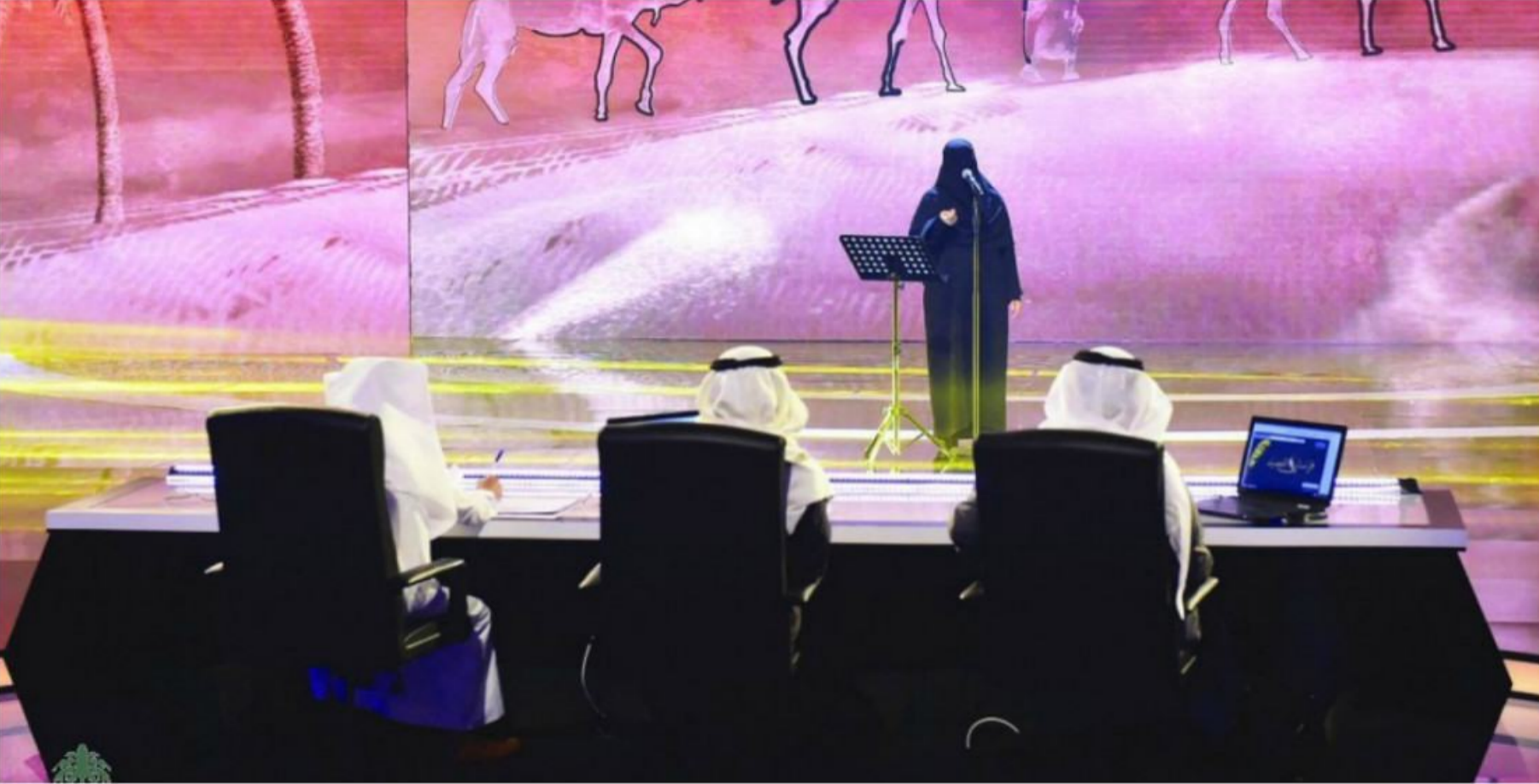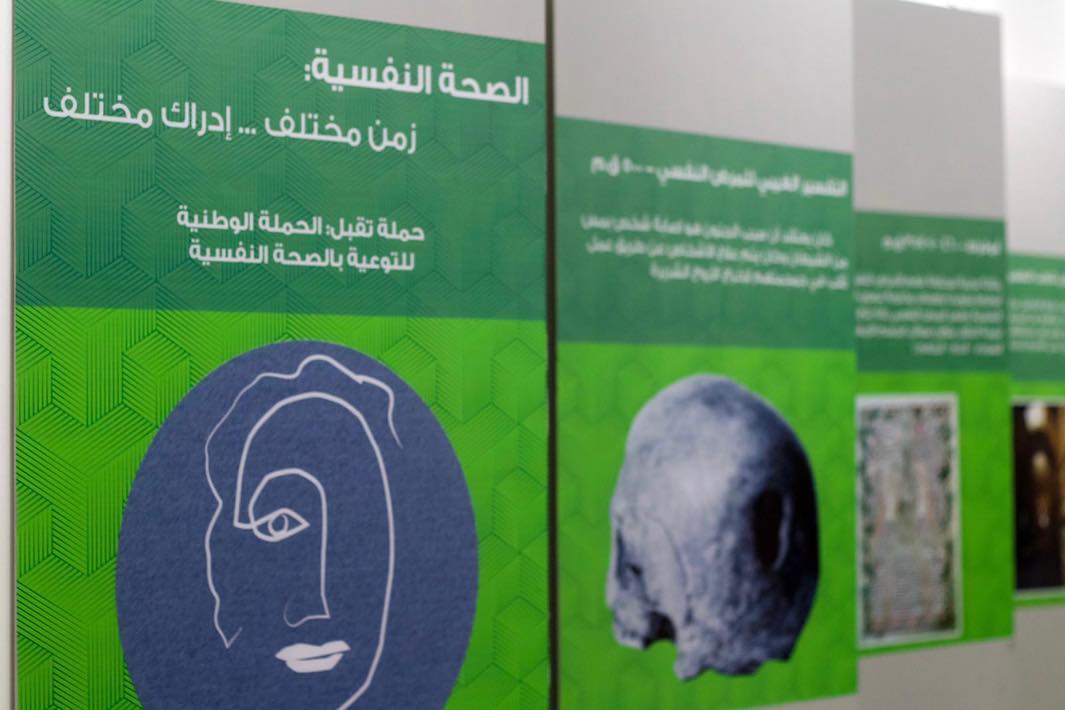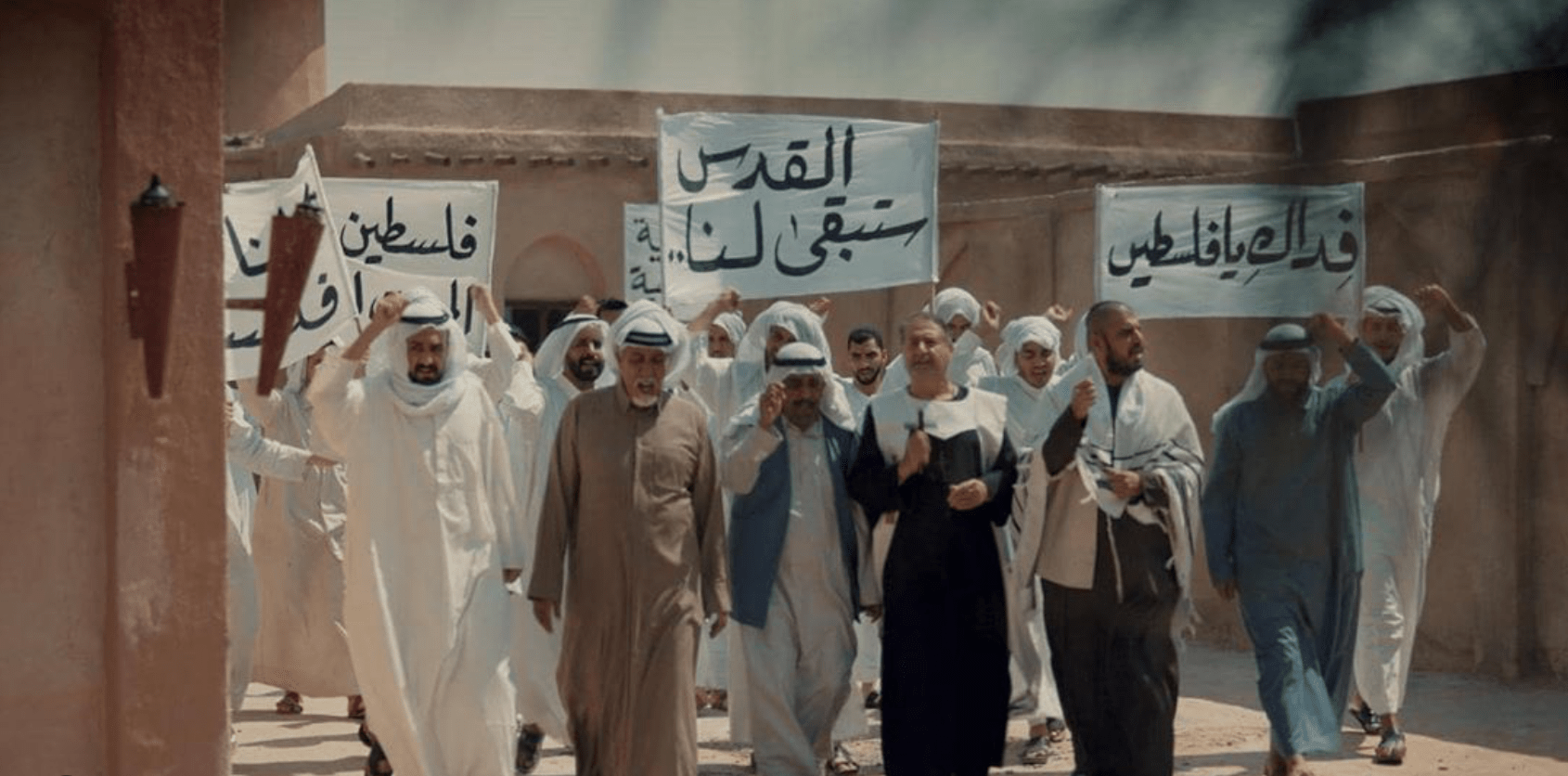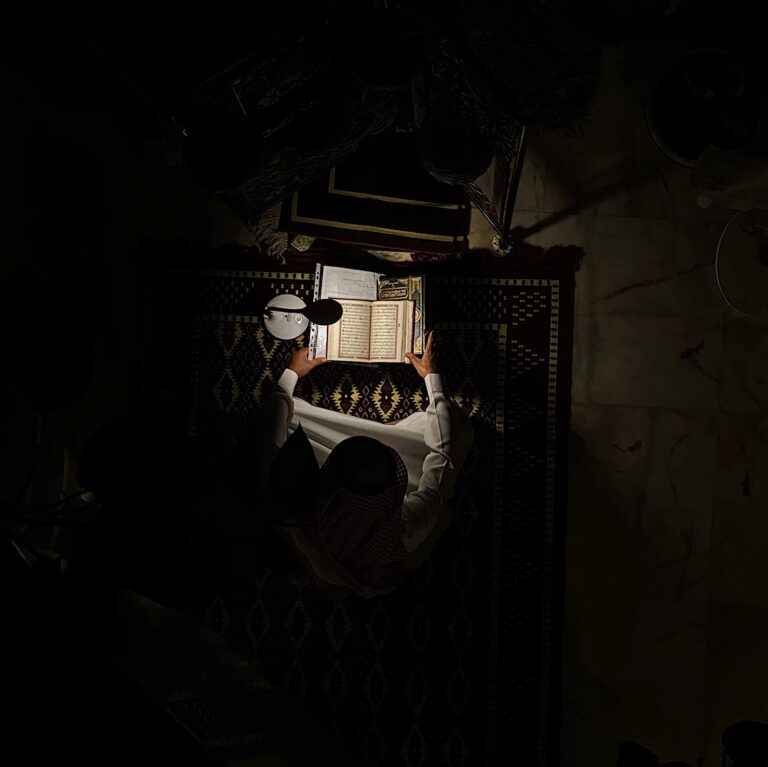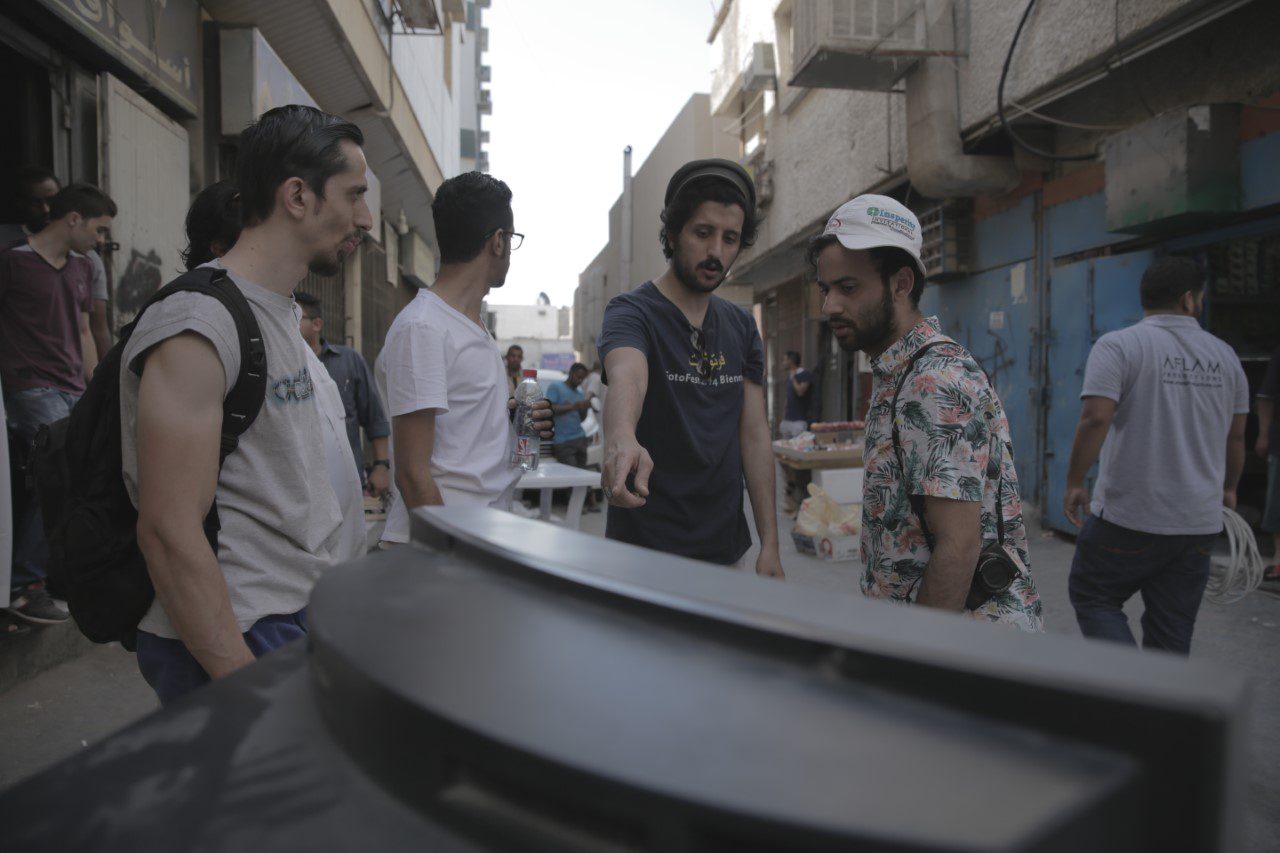Mohammad J. Al Yousef is a former research associate at the Arab Gulf States Institute in Washington. He currently concentrates on Middle East conflicts, with special emphasis on the role of religion, identity, civil society, and U.S. foreign policy in the region. Al Yousef holds an MA in conflict resolution and a certificate in Arab studies from Georgetown University and a BA in international security and U.S. politics from San Diego State University. In addition, he holds a certificate in conflict resolution from Tbilisi State University (Georgia), studying the conflicts and politics of the Caucasus.
Al Yousef served as a teaching assistant for international relations courses in the Department of Government at Georgetown University in 2018. While at Georgetown, he served as a board member of the National Union of Kuwaiti Students, wherein he represented 16,000 Kuwaiti students to the U.S. government and to the Embassy of Kuwait in Washington, DC. In 2016, Al Yousef worked with Kuwait News Agency as an editor and translator.
